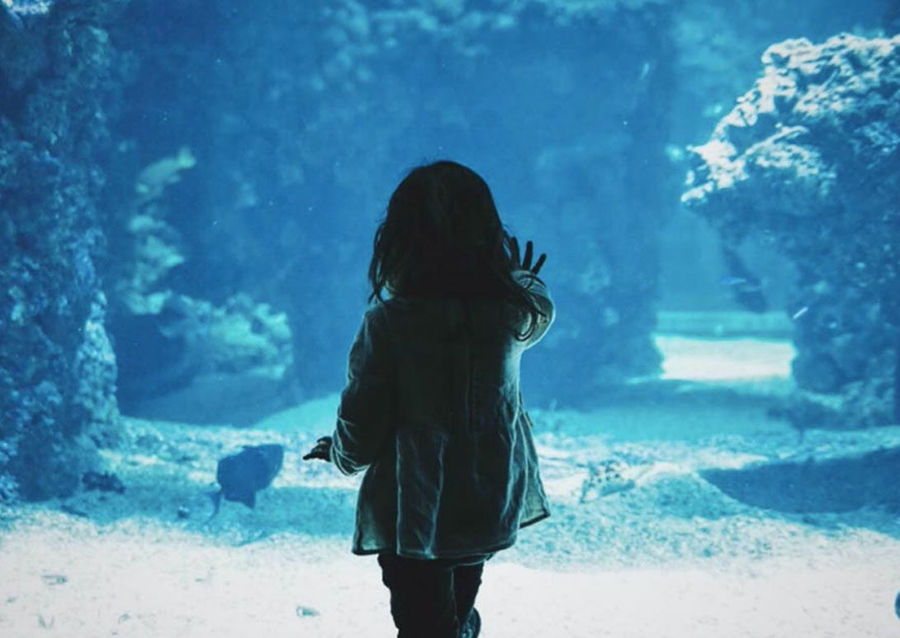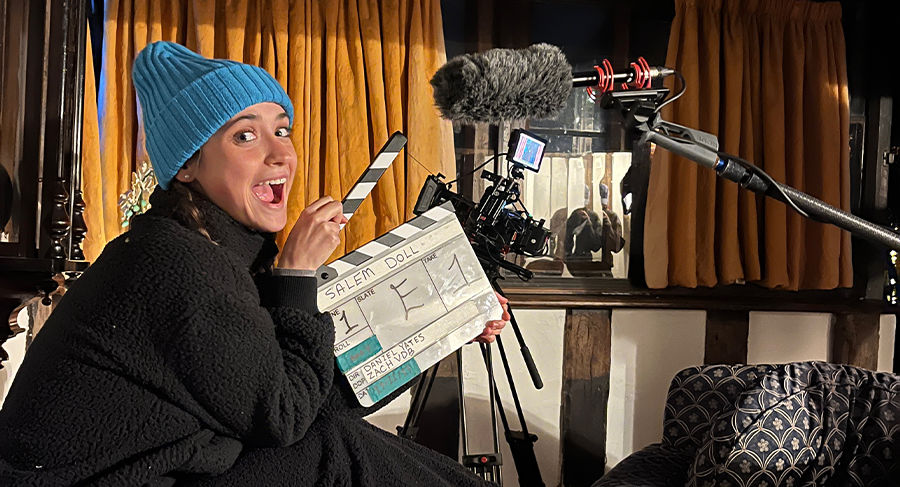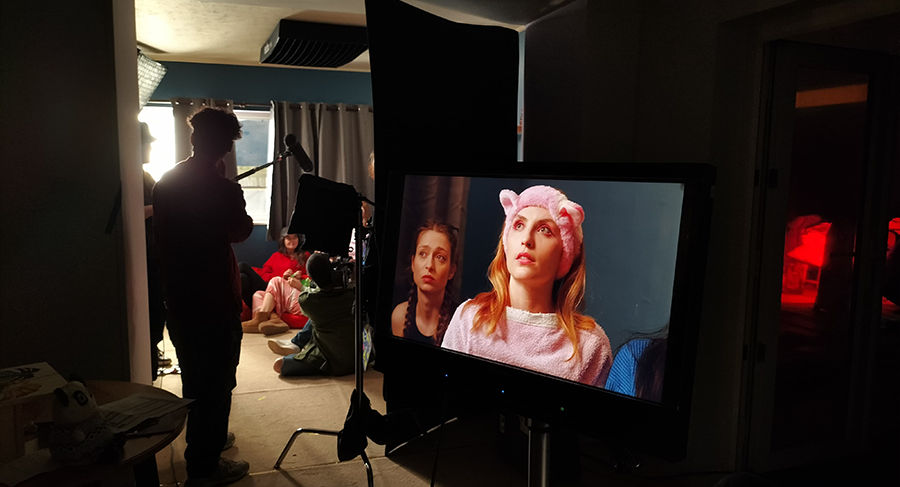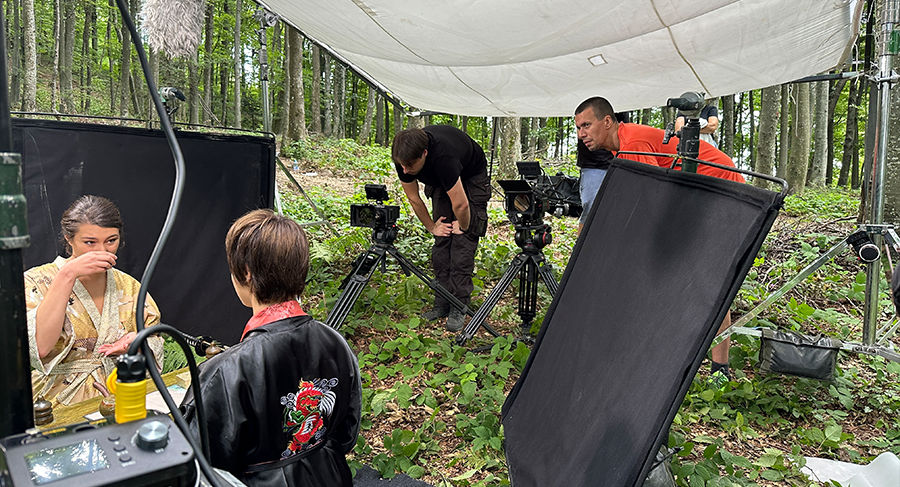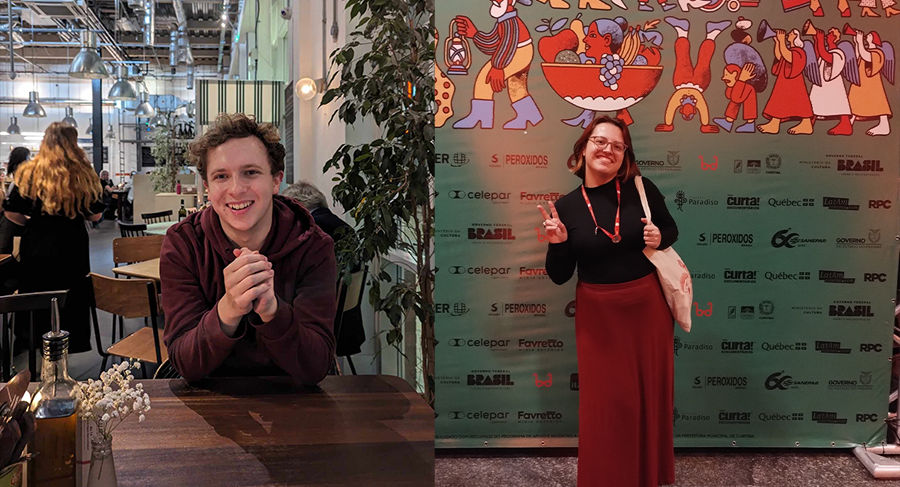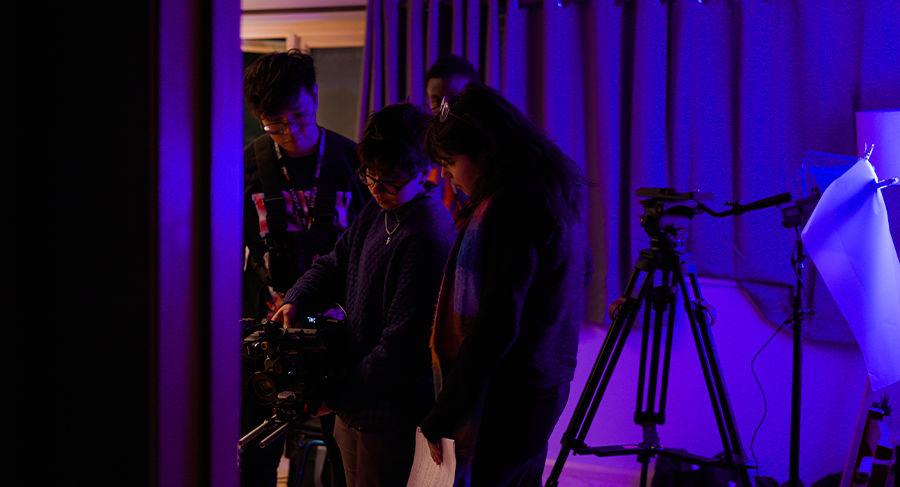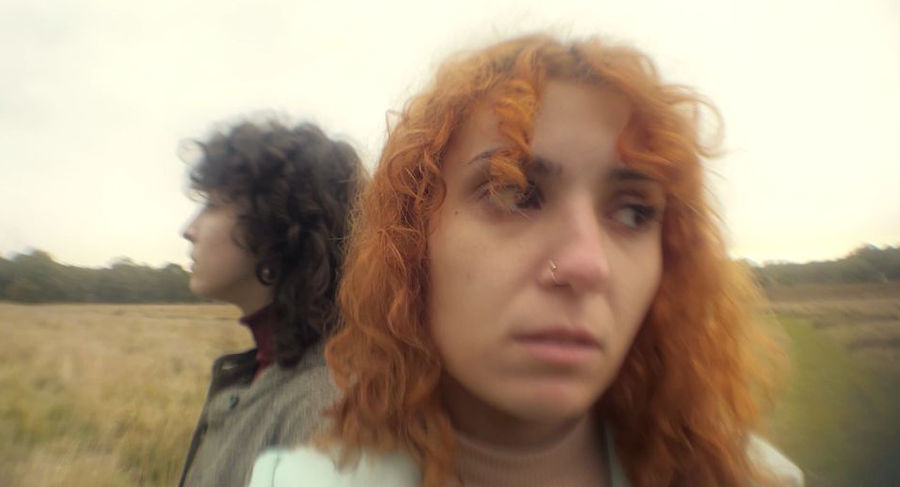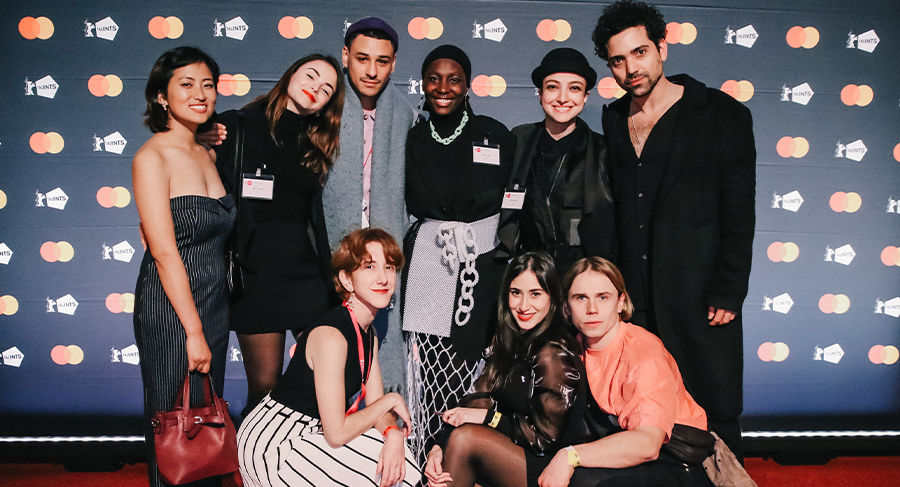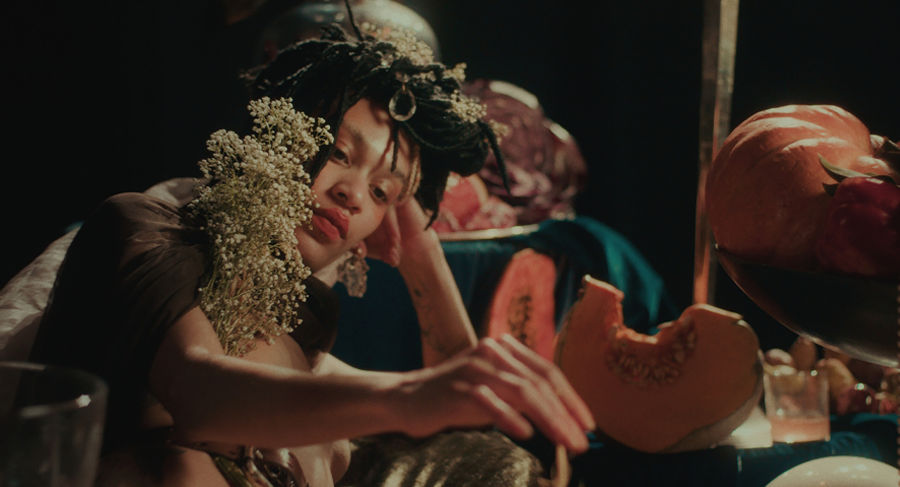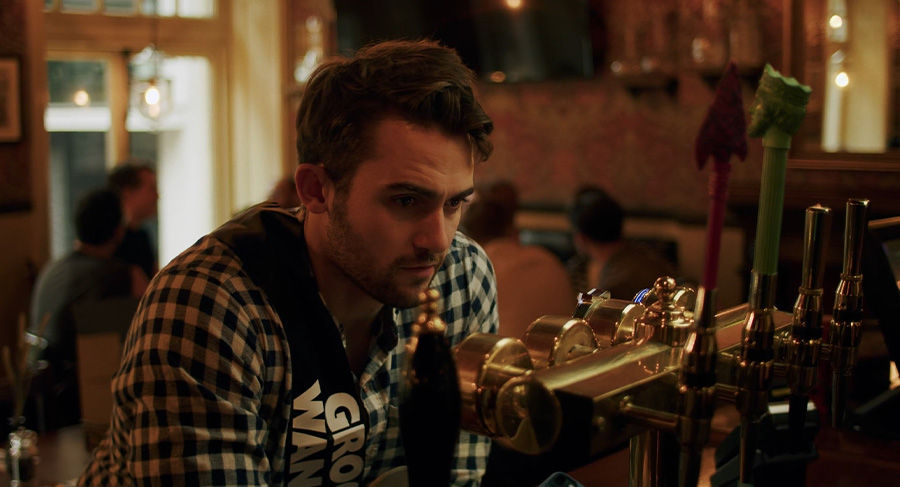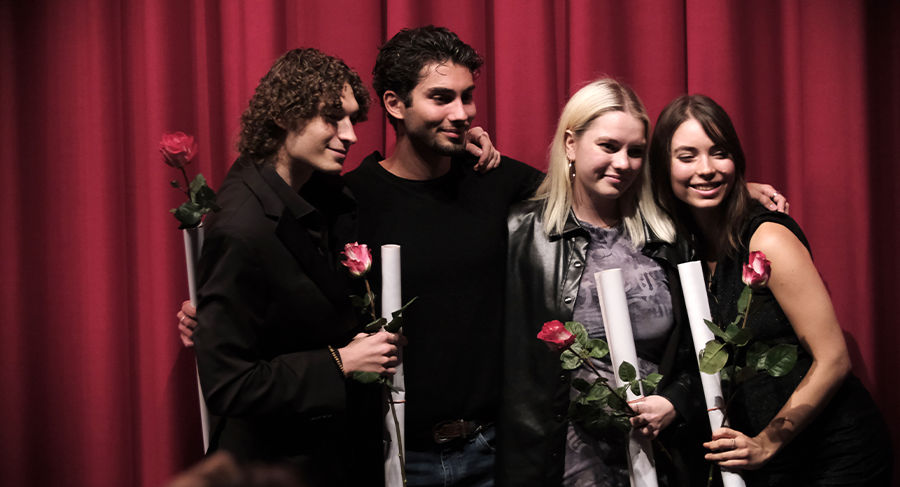How to Maintain Sustainable Production Practices on a Short Film
By Danny Kelly
30 April 2021
Daily life on a film set can be fast-paced and filled with bright lights and extravagant scenery, so it’s sometimes tricky to maintain an environmentally conscious approach to film production…
However, it is possible to think deeply about our creative decisions and to make production much more green without impacting on quality. One project doing just that is small selkie – a short film about plastic pollution seen through the eyes of a child, written and produced by MA Producing alumni, Nina Georgieff.
With the film coming to the end of its Kickstarter campaign and preparing to shoot, we asked Nina to fill us in on the simple things the team is doing to ensure a sustainable production…
Why Now?
Plastic pollution is one of the biggest issues we face – we know that by 2050 there will be more plastic than fish in the sea. International support to stem the tide of plastic waste is growing, but we still have a long way to go. The plastic pollution crisis asks for us to get really creative on an individual and collective basis.
“Storytellers move people – they can reach out, grab hearts and compel them to act,” said Gina McCarthy, President and CEO of U.S. non-profit NRDC. “For too long the environmental community has relied on scientists to communicate the facts about climate change – but facts don’t ignite emotions the way that good films and TV can. With the help of Hollywood’s finest storytellers, we can change the climate narrative and grow the movement that will solve this crisis once and for all.”
We may not be ‘Hollywood’s finest storytellers’ (yet!), but we have a team of incredibly talented and innovative filmmakers who share the same vision – to create a film that moves audiences to care more deeply about this global environmental issue.
We are interested in how we can tell environmental stories through fiction and want to highlight the power of individual action and the progressive and inspiring minds and spirits of the children and youth of our world. Plastic pollution is a real and pressing issue and we wanted to root this story in reality. This is a way that we find our voice in this fight – through storytelling, writing, filmmaking and creating conversations through art.
As we are setting out to tell an environmental story, we are also dedicated to ensuring a sustainable production and set where possible, to continue to tell stories of change both on and off-screen.
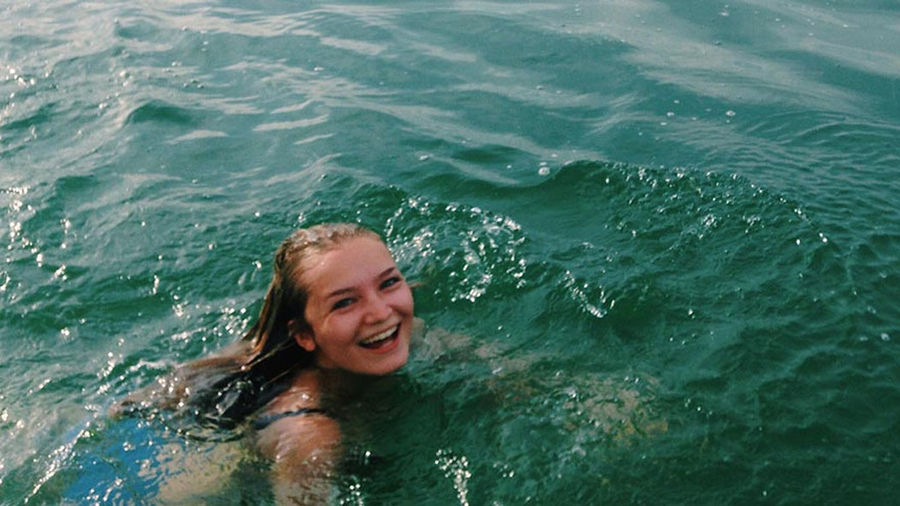
Five Ways To Boost Sustainable Production Practices
1. Create your set and props from natural or upcycled, repurposed materials. Get creative!
2. Use energy-efficient equipment. (And turn it off when it’s not being used.)
3. Ban all single-use plastics. Ask your cast and crew to bring their own reusable alternatives.
4. Hire crew locally where possible to minimise your carbon footprint.
5. Have a designated Eco Manager on set who will ensure the implementation of these practices and will be the person to answer any questions.
Other Things You Can Do…
Provide vegan/vegetarian and sustainably sourced food for all cast and crew, have an opt-in option on paper printouts or go largely paperless and provide digital alternatives, reduce emissions by carpooling or using public transportation, and consider off-setting.
These might seem like small things, but when they are all implemented, it makes a big difference. Sustainable film production is definitely a growing trend, as it should be, and should not be competitive in nature – we should all create work more sustainably and be examples to one another in this movement. I am so inspired by our incredible team and am continually learning so much from them.
Our art director, Alice Colfox, launched an approach to set building in Lockdown 1 of June 2020 called #GreenArtDept which promotes a more sustainable approach to building sets and working on location using natural or upcycled materials. Our cinematographer, Kia Fern Little, pushes for greater sustainability in the filmmaking process using only energy efficient equipment. Sustainability is also at the core of our director Matilda Harding-Kemp’s filmmaking practice, and she champions this through her pre-production planning and off-setting the impact of shoots with planting trees.
Hopefully, ultimately, this way of working will simply be the norm. It just requires a more conscious approach to every aspect of production and it requires a strong sense of collaboration and support.
Nina Georgieff graduated from MetFilm School’s MA Producing in 2020.
Find out more about small selkie on the short film’s Kickstarter page.
